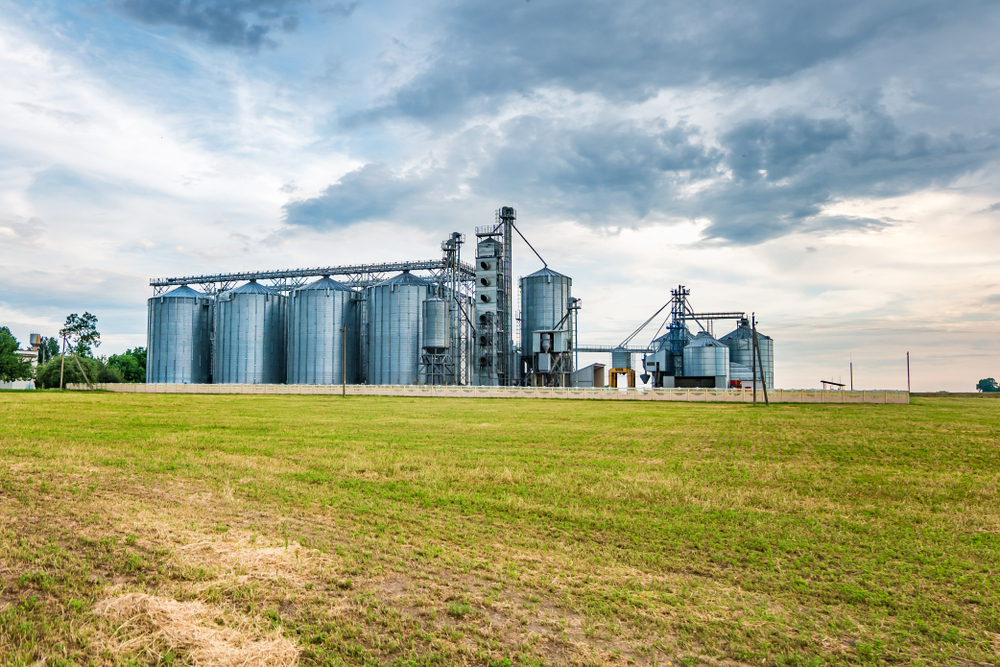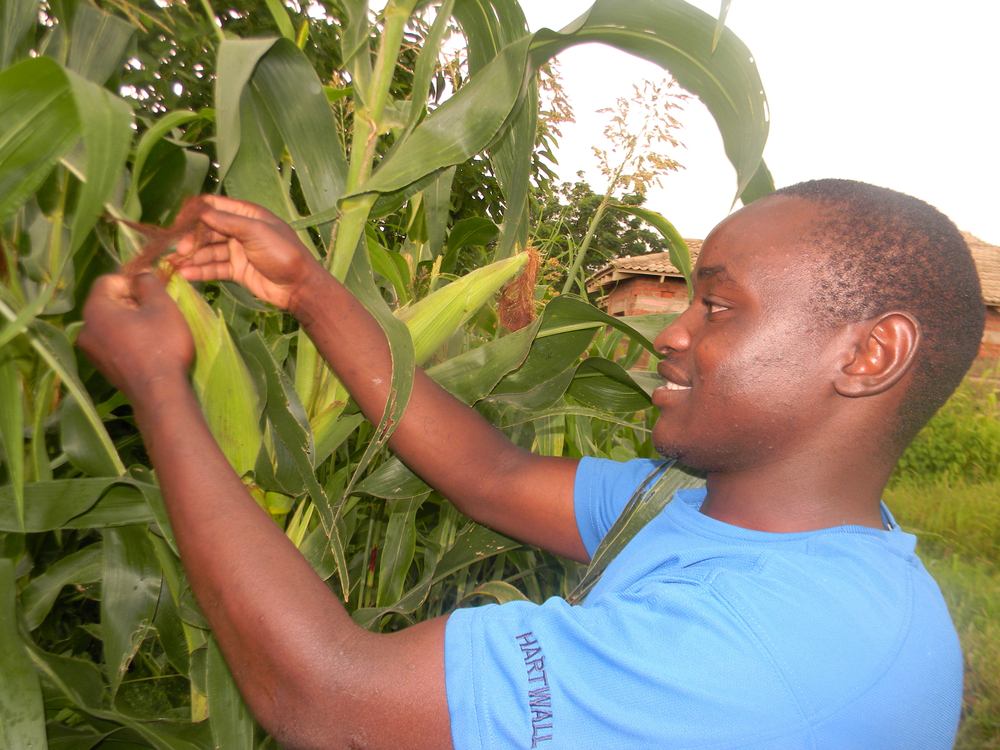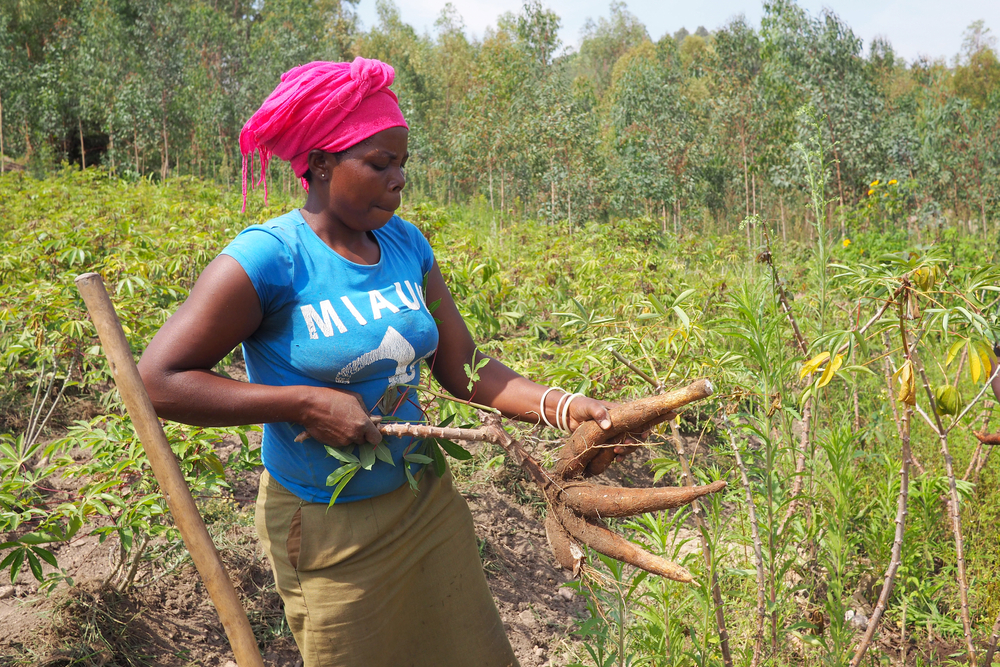
Special agro-industrial processing zones program – phase I (SAPZ I)
Special agro-industrial processing zones program – phase I (SAPZ I)
7 November, 2022Context
Larges areas of fertile soils, a conducive climate and ample labour offer Nigeria much potential for agricultural development. However, economic benefits are constrained by low crop yields, very high post-harvest losses (of 30–50%), limited value addition, and an acute shortage of the required infrastructure, especially regarding energy and transportation. These limitations make locally produced food uncompetitive, leading to increased food imports, and contribute to the high levels of poverty, rising unemployment, and low private sector investment in the agroindustrial sector.
In response, federal and state governments expressed overwhelming support for the creation of ‘special agro-industrial processing zones’ (SAPZs), where public–private partnerships can strengthen rural infrastructure and expand the transformation of priority crops. Based on this need, the SAPZ program was designed to support governmental economic and social development programs that will especially benefit smallholder farmers, women and youth.
The SAPZ program is aligned with national policies and priorities that support the goals of increasing agricultural output, food security, productivity, business growth, entrepreneurship and industrialization, infrastructure development and social inclusion, as well as poverty reduction. Strengthening value chains for priority crops, including aggregation, and ensuring reliable supplies of quality raw materials is a key target; as is support to transforming the livestock sector by establishing cattle ranches and improving fodder production. This in turn will spur private sector investment in the agro-industrial sector, including small and medium size enterprises, and foster job creation.
Objectives
The SAPZ program objective is to support inclusive and sustainable agro-industrial development in Nigeria, with the goal of increasing household incomes, fostering job creation in rural agricultural communities especially for youth and women, and enhancing food and nutritional security. It will do this through four mutually reinforcing components: (i) infrastructure development and the development of agro-industrial hubs, (ii) increasing agriculture productivity and production, (iii) policy and institutional development, and (iv) programme coordination and management.
The first phase will be implemented in seven states (Cross River, Imo, Kaduna, Kano, Kwara, Ogun, and Oyo) and the Federal Capital Territory (FCT) and then will be rolled out in later phases. This a flagship initiative of AfDB’s ‘Feed Africa’ strategic priority and its aim is to provide end-to-end solutions and services that de-risk private sector production, processing and marketing, whilst boosting manufacturing and transformation capacity.
AAAP added value
- Definition of the concept of “adaptation jobs”;
- Feasibility studies and assessment of job opportunities in adaptation that are to be carried out in Bank’s operations;
- Feasibility studies to assess integration of adaptation and mitigation measures for the sustainability of “adaptation jobs;
- Quality assurance and advisory services for results and evidence-based planning, management and M&E of the SAPZ 1 interventions;
Expected Outcomes
The intervention will seek to sustainably contribute to poverty alleviation, and reduced hunger and inequality, by providing opportunities for economic diversification, job creation, improved livelihoods and building climate resilience. Specifically, it is expected to the following outcomes:
- Capacity building (training of trainers) programs on climate resilient practices established.
- Extension services strengthened.
- Skills of farmers and micro, small and medium-sized enterprises (MSMEs) developed.
- Increased supply of certified agricultural inputs.
- Agroforestry, multiple cropping and sustainable practices and technologies promoted and incentivized.
- More fuel-efficient farm machinery procured, with improved climate-aware design of program assets.
- Revised agro-industrial zone policies, and a special regulatory regime established.
Expected impacts
- 8 agro-industrial processing hubs (AIHs) developed for 15 agricultural transformation centres (ATCs) established for improved food security and increased incomes for farmers.
- 2,300 ha of land irrigated with new roads for market access for sustained increase in agricultural productivity and jobs creation i.e. 2 million jobs created (400,000 directly, 1.6 million indirectly).
- 1.5 million households involved in agricultural value chains lifted from food insecurity and low incomes.



